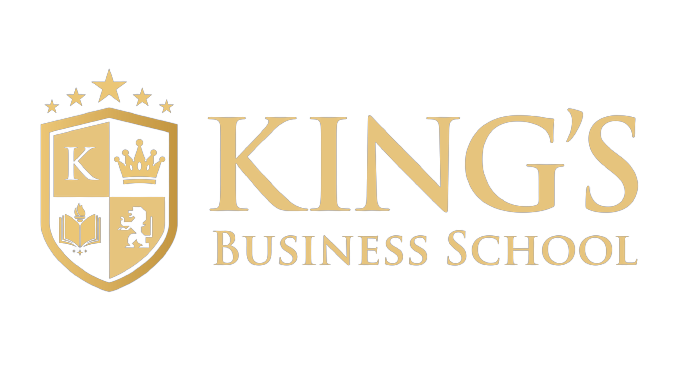Supply chain management is increasingly complex because of the interconnected global economy today. Therefore, the use of technology to reduce risks has become inevitable. It enables modern businesses to operate across other countries by managing complex networks between suppliers, manufacturers and distributors. Such efficiency is beneficial but it also has several threats. Thus, in this case, technology is crucial in tackling and managing risks in the supply chain management process.
How Technology Enhances Supply Chain Risk Management
- Data Analytics for Risk Detection: Advanced data analytics tools allow organisations to investigate historical data and predict possible risks in their supply chains. These technologies enable enterprises to track the performance of suppliers, fluctuations in demand, as well as global happenings, which assist them in looking ahead and preparing for interruptions on time. Additionally, predictive analytics is vital because it allows taking preventive measures that minimise risks associated with sudden failures by providers or shifts in the market.
- Real-Time Monitoring with IoT: The Internet of Things (IoT) gives a platform with which shipments and products can be monitored in real-time. It enhances the visibility across the entire supply chain management process. Sensors that monitor temperature levels, geolocation positions as well as goods’ conditions ensure that fresh food items are consistently preserved and transported under ideal circumstances. Businesses can quickly address the challenges of the supply chain management process. It includes delays that would otherwise lead to wastage. Hence, customer satisfaction is guaranteed.
- Blockchain for Transparency and Security: Blockchain technology enhances transparency by providing an immutable ledger of transactions across the supply chain management process. It enables all stakeholders to view the same information, reducing fraud and improving trust between parties. Blockchain also enhances traceability, which is crucial for industries like pharmaceuticals and food, where contamination or counterfeiting can have severe consequences.
- AI and Automation for Decision-Making: Artificial intelligence (AI) and automation tools streamline decision-making by analyzing vast amounts of data quickly. AI algorithms can assess multiple scenarios, allowing supply chain managers to make informed decisions on sourcing, inventory management, and logistics. Automation helps reduce human error and speeds up processes, from procurement to last-mile delivery.
- Cloud-Based Collaboration Tools: Cloud computing facilitates collaboration between different entities in the supply chain management process. Cloud-based platforms allow for seamless sharing of information and documents, ensuring that all partners are aligned and informed. This collaborative approach reduces delays, improves communication, and enhances the overall efficiency of the supply chain management process.
King’s Business School’s MBA in Logistics and Supply Chain Program
If you’re looking to take your expertise in supply chain management to the next level, King’s Business School offers an MBA in Logistics and Supply Chain. This program, delivered in partnership with the prestigious Swiss Montreux Business School, equips students with cutting-edge knowledge in managing global supply chains. The King’s Business School program combines theoretical learning with practical application, covering essential topics such as risk management, logistics, and operational strategies.
Upon completion, students receive dual certification— an MBA from Swiss Montreux Business School and a Level 7 Diploma in Strategic Management and Leadership from OTHM, UK. This unique partnership ensures that graduates are well-prepared for leadership roles in the ever-evolving world of supply chain management. For more details, visit the program page at King’s Business School.
By enrolling in King’s Business School program, you will gain the skills necessary to manage complex supply chains efficiently and mitigate risks using the latest technological advancements.





